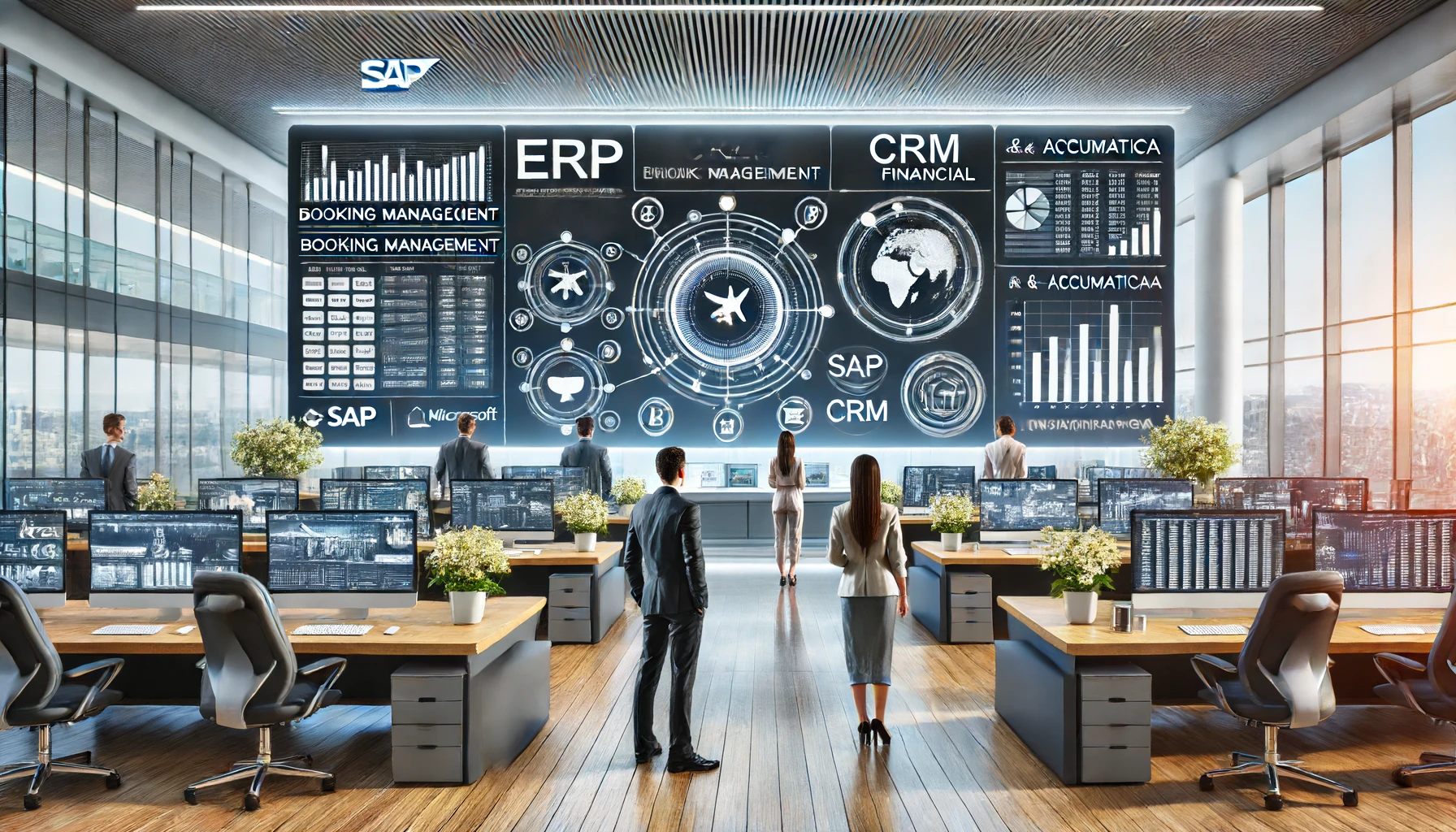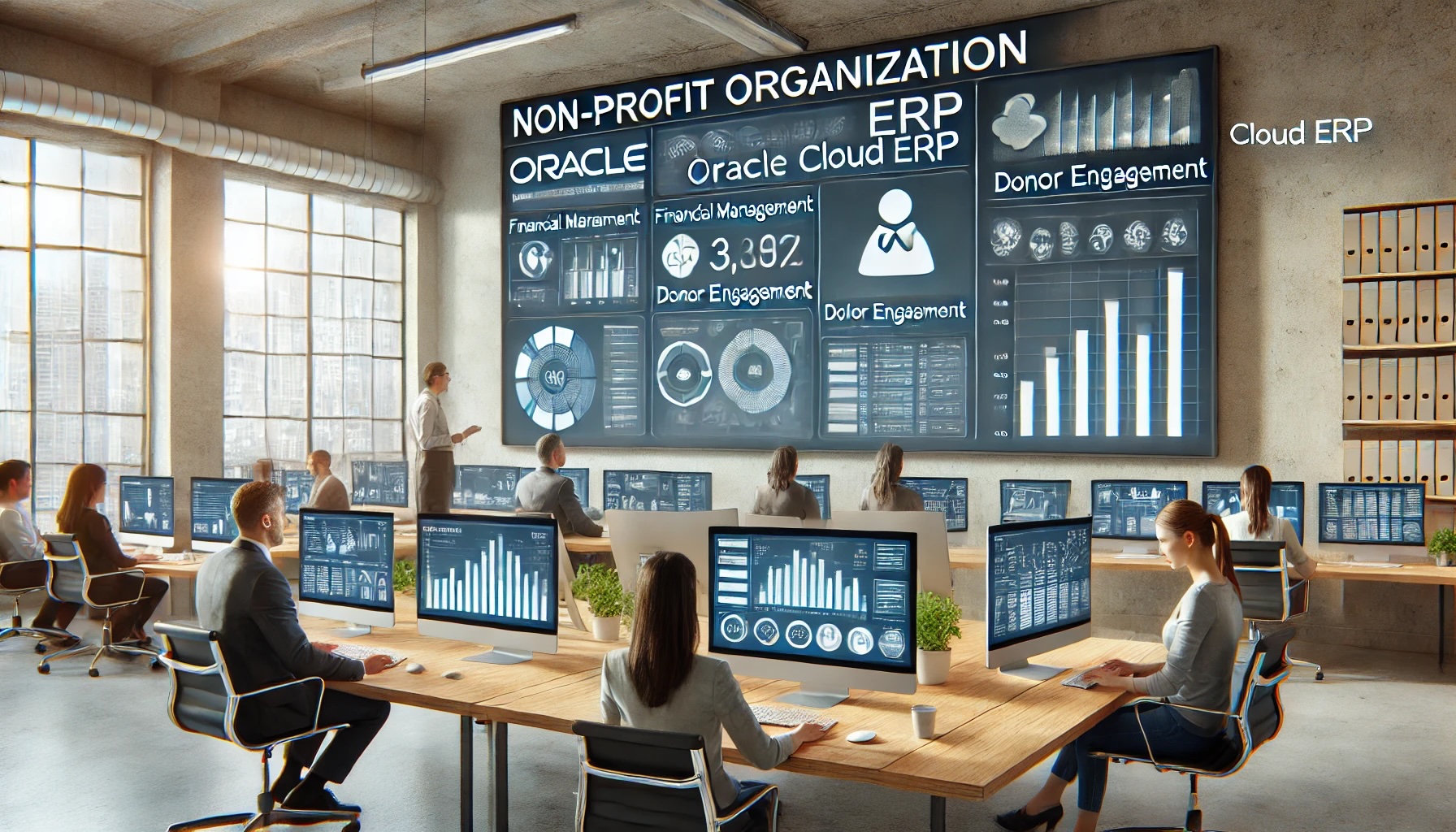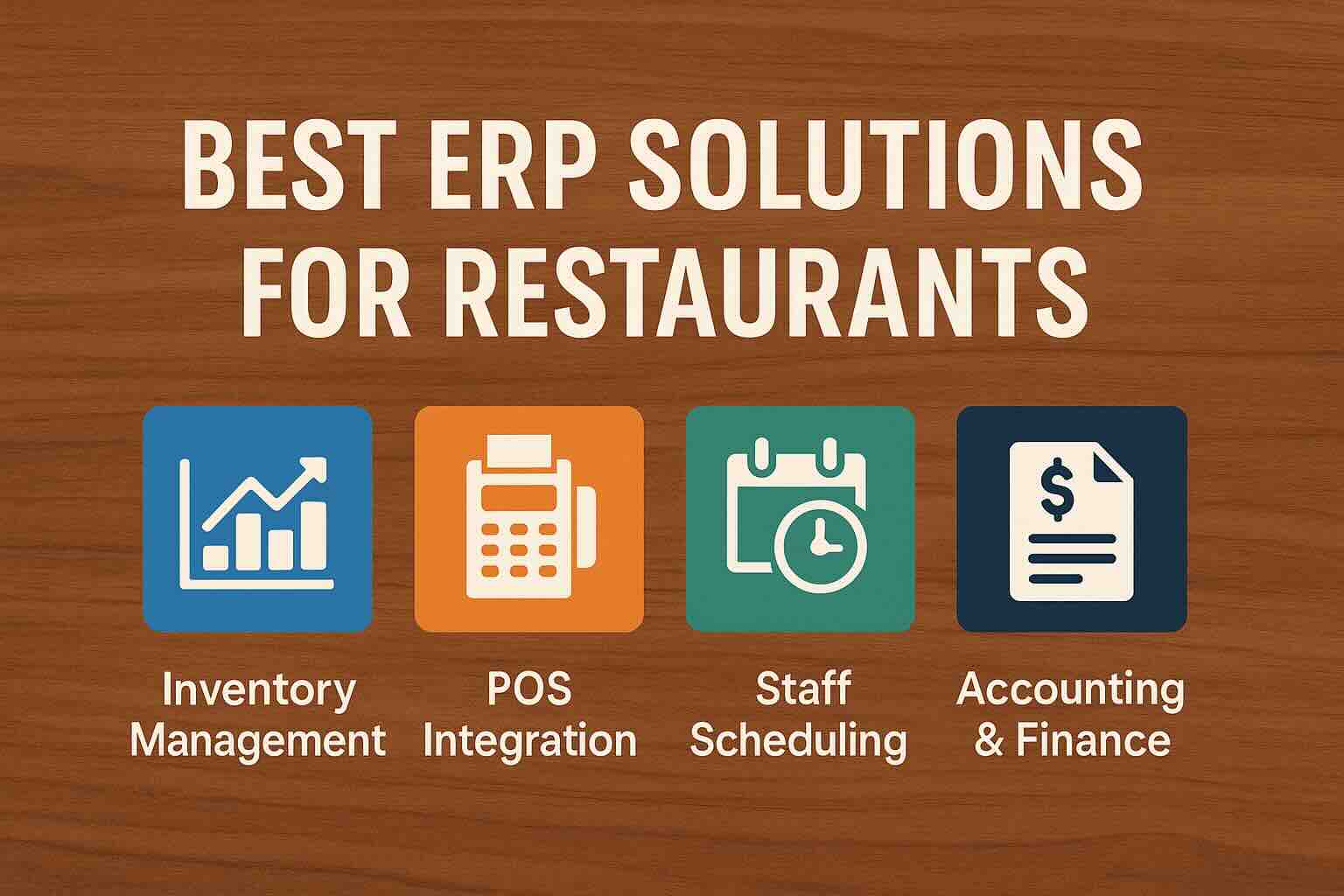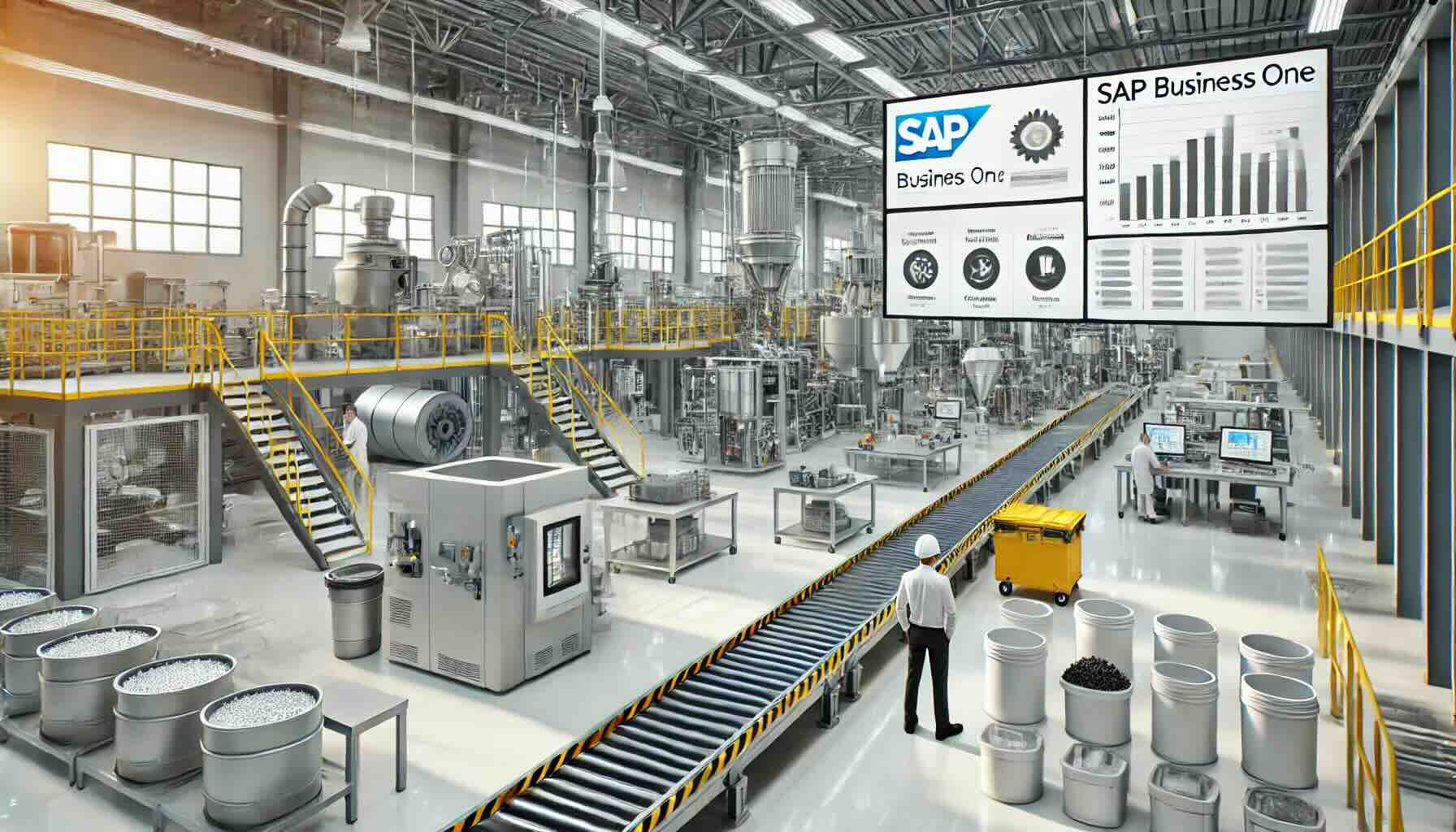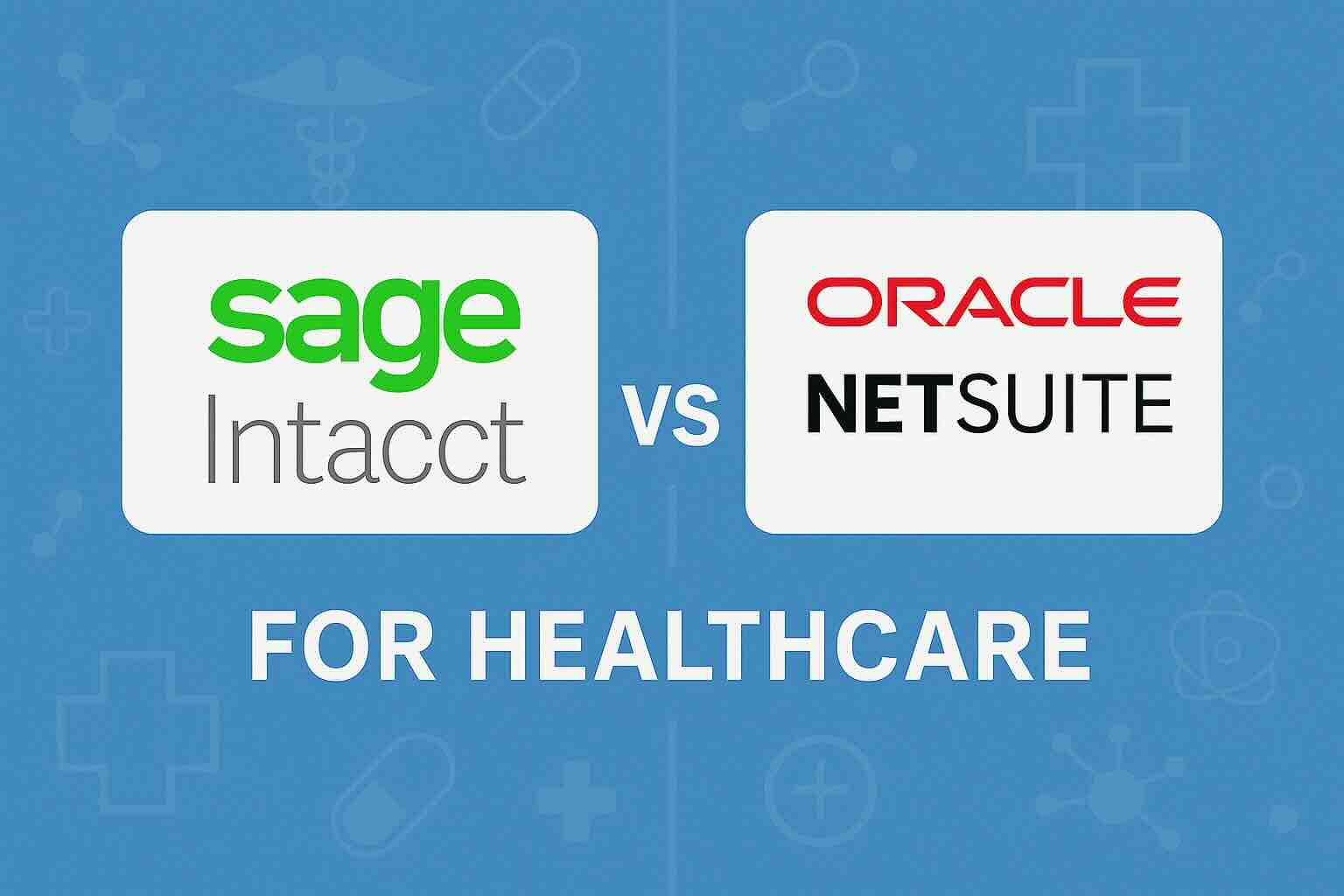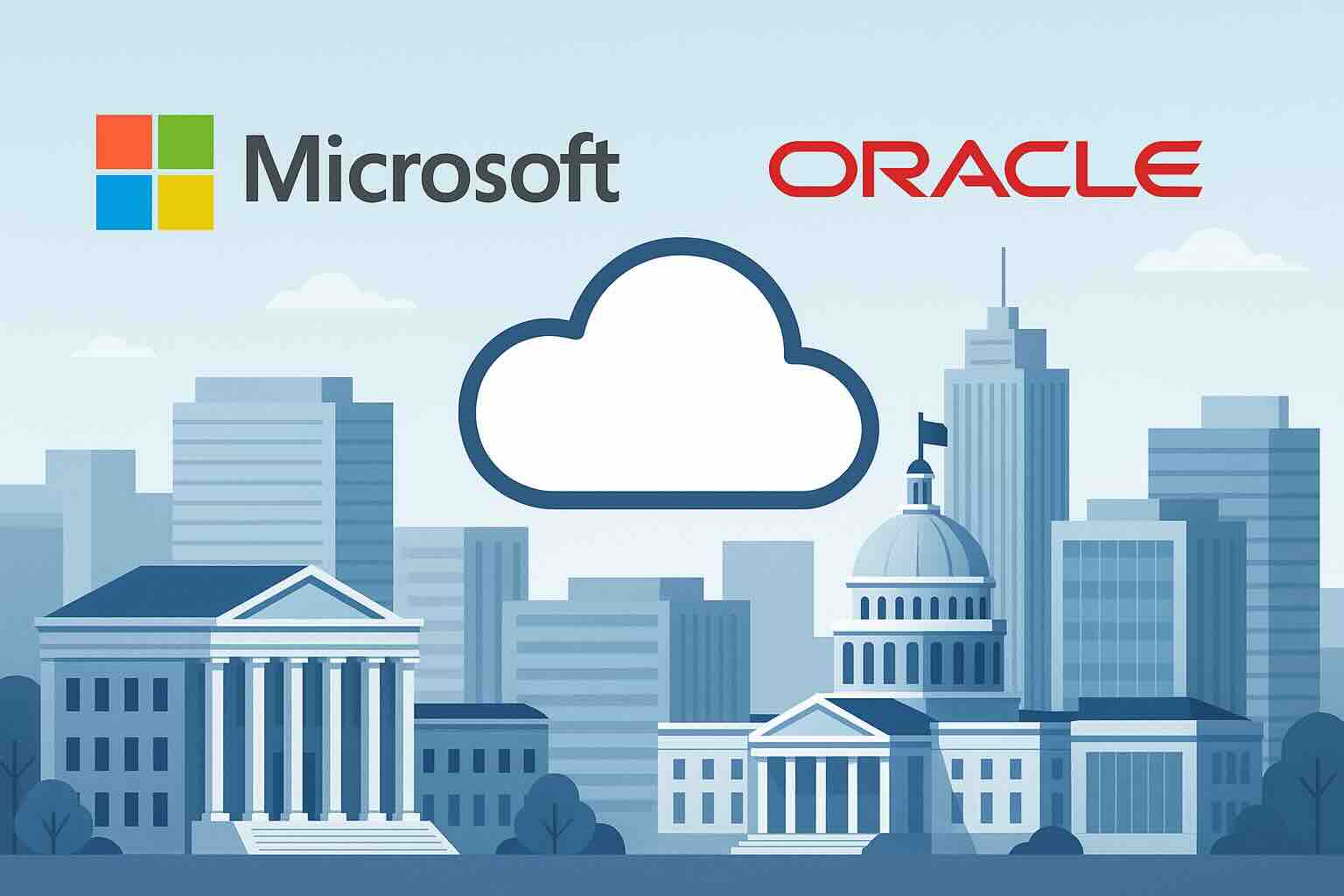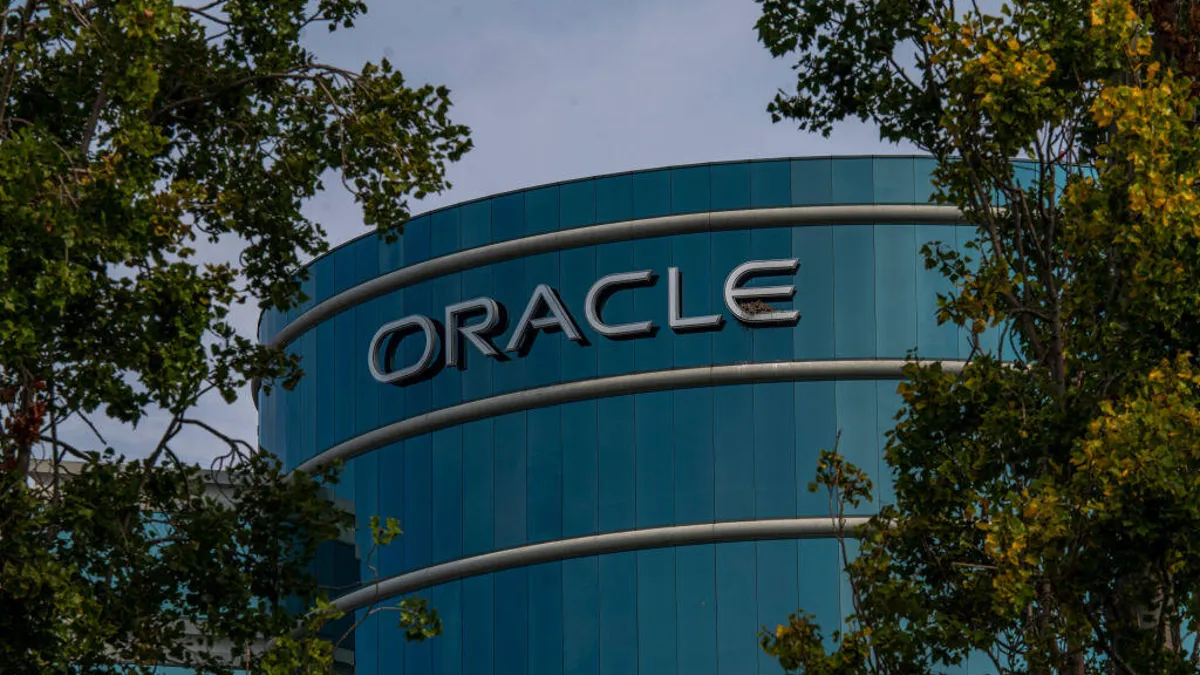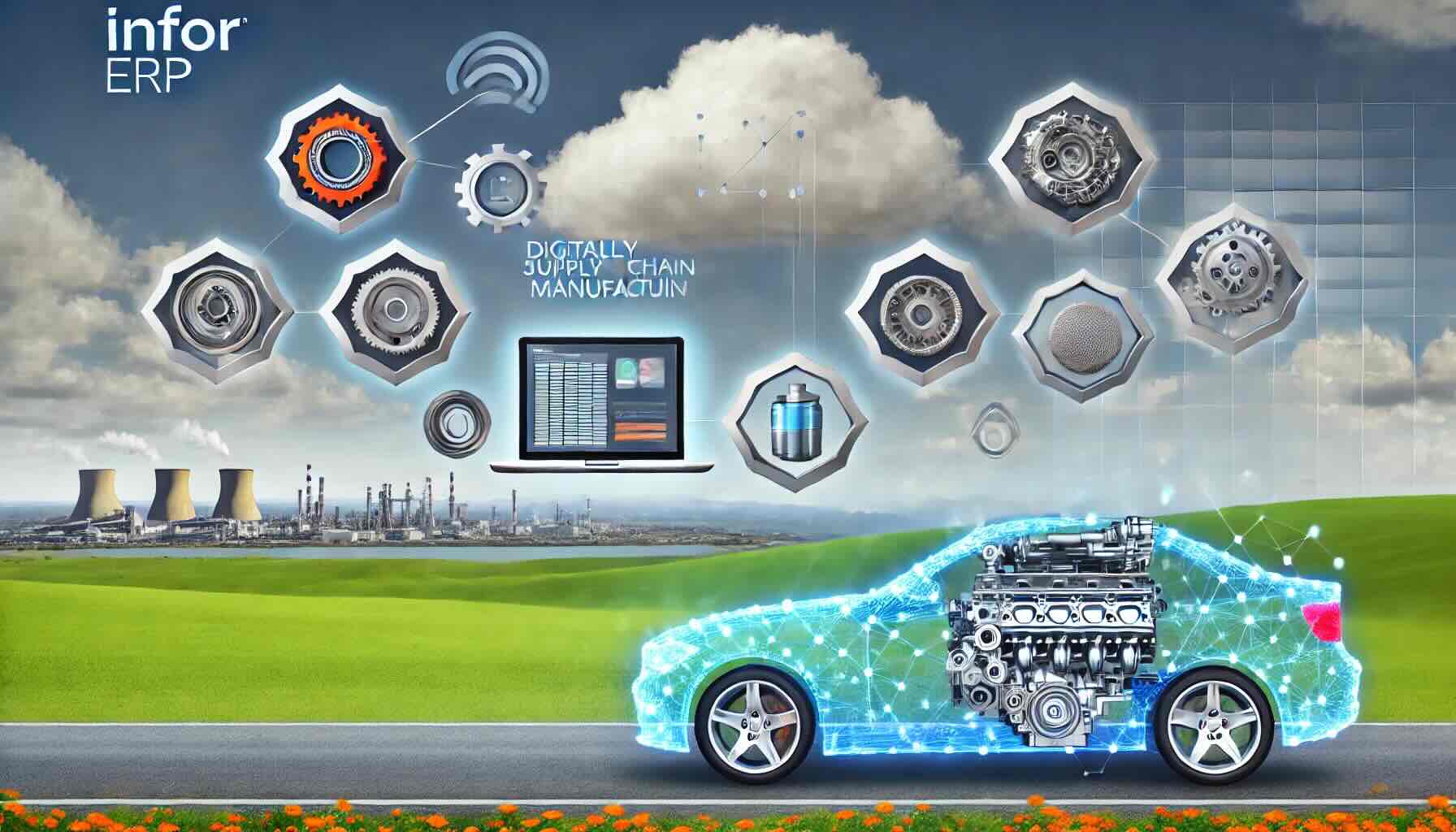Best Finance Systems for Medium-Sized Businesses

As medium-sized businesses expand, they require comprehensive finance and resource management solutions to stay organized and efficient. ERP (Enterprise Resource Planning) finance systems integrate financial management with essential business functions such as inventory, customer relationship management (CRM), and supply chain operations, allowing companies to streamline processes, reduce errors, and gain valuable insights.
Below are the top ERP finance systems specifically suited to meet the complex needs of medium-sized businesses. Each ERP solution offers unique features, allowing businesses to select the one that best aligns with their goals and budget.
1. NetSuite ERP
Oracle NetSuite ERP is a leading choice for medium-sized businesses anticipating growth and complexity. As an all-in-one cloud-based ERP, it covers a wide array of functions that include advanced financial management, order processing, inventory, CRM, and e-commerce.
Key Features:
- Advanced Financials: NetSuite ERP’s financial modules support complex accounting processes, including global financial consolidation, revenue recognition, and multi-currency management.
- Supply Chain Management: Allows real-time management of inventory, procurement, and supply chains.
- Real-Time Analytics: Provides immediate financial and operational insights with customizable dashboards, allowing for better-informed decision-making.
- CRM Integration: Integrates seamlessly with NetSuite CRM, offering a unified view of customer data.
Benefits:
- Scalability for growing businesses, accommodating new functions and users as needed.
- Multi-currency and multi-language support for international businesses.
- Excellent for managing inventory and product-based operations.
Considerations:
- Steep learning curve and may require extensive training for new users.
- Higher cost compared to more straightforward ERP systems, making it suitable for businesses with advanced needs and dedicated budgets.
To find out more about NetSuite you can click this link.
2. Sage Intacct
Sage Intacct is a highly regarded ERP solution with a strong emphasis on financial management. Designed with growing businesses in mind, it provides sophisticated accounting, billing, and financial reporting tools. Sage Intacct is well-suited for businesses looking for a cloud ERP system that supports advanced financial operations and reporting.
Key Features:
- Core Financial Modules: Covers essential accounting tasks, including general ledger, accounts payable, accounts receivable, and cash management.
- Advanced Billing: Manages complex billing structures such as subscription-based, project-based, and usage-based billing.
- AI and Automation: Uses AI to streamline accounting processes, automate reconciliations, and reduce human errors.
- Robust Reporting and Analytics: Offers multi-dimensional reporting capabilities, allowing for deep insights into financial performance and operations.
Benefits:
- Customizable reporting features tailored to specific business needs.
- Excellent for companies with complex billing requirements.
- Recognized for strong compliance support and financial reporting standards.
Considerations:
- Customer support response times can be slow.
- Additional fees may apply for integration with certain third-party applications, which can increase the cost.
To find out more about Sage Intacct you can click this link.
3. Microsoft Dynamics 365 Business Central
Microsoft Dynamics 365 Business Central is a flexible, cloud-based ERP solution well-suited to medium-sized businesses seeking a comprehensive platform for financial management, CRM, and supply chain operations. This ERP integrates seamlessly with other Microsoft products, making it ideal for businesses that already use the Microsoft ecosystem.
Key Features:
- Financial Management: Provides core accounting capabilities, including budgeting, fixed asset management, cash flow, and bank reconciliations.
- Project Management: Allows companies to manage projects efficiently with tools for planning, resource allocation, and budgeting.
- CRM and Sales Integration: Helps manage customer interactions and streamline sales processes.
- Inventory and Supply Chain Management: Ideal for companies that require advanced tracking of inventory, orders, and vendors.
Benefits:
- User-friendly interface with seamless integration into the Microsoft suite (Excel, Outlook, Teams, etc.).
- Strong CRM integration, creating a complete view of customers and sales pipelines.
- Scalable with modular features, allowing companies to start small and expand functionalities as needed.
Considerations:
- Can be complex to configure; setup might require third-party support or consultation.
- Pricing structure can become costly as more modules and users are added.
To find out more about Microsoft Dynamics you can click this link.
4. SAP Business ByDesign
SAP Business ByDesign is a robust, cloud-based ERP solution built for medium-sized businesses with complex finance and operational requirements. Known for its powerful data processing and strong industry-specific solutions, SAP Business ByDesign supports financial management alongside supply chain, CRM, and HR.
Key Features:
- Financial and Accounting Management: Supports advanced financial functions such as multi-currency management, tax compliance, and regulatory reporting.
- Supply Chain and Inventory: Allows for real-time inventory tracking, procurement, and supply chain coordination.
- Project and Workforce Management: Includes tools to manage employee scheduling, payroll, and project-based work efficiently.
- Integrated Analytics: Provides powerful analytics tools with customizable dashboards for real-time insights into financial performance and other key metrics.
Benefits:
- Ideal for product-based businesses or those with complex supply chain requirements.
- Scalable platform with industry-specific features for manufacturing, retail, and more.
- Comprehensive analytics and reporting, supporting data-driven decision-making.
Considerations:
- Higher upfront and ongoing costs compared to other ERP systems.
- The extensive feature set can be overwhelming for businesses with simpler needs.
To find out more about SAP Business ByDesign you can click this link.
5. Acumatica
Acumatica is a flexible, cloud-based ERP solution that’s particularly well-suited for medium-sized businesses with unique or industry-specific requirements. It offers finance modules as well as industry-specific solutions, making it highly customizable for businesses in manufacturing, retail, or field services.
Key Features:
- Core Financial Modules: Provides standard accounting features along with revenue management, project accounting, and intercompany accounting.
- Distribution and Inventory Management: Tracks stock, orders, and vendor relationships with ease.
- Field Service Management: Offers specialized modules for service industries, including dispatching and resource scheduling.
- Customizable Reporting and Dashboards: Allows companies to tailor reporting to meet unique business needs.
Benefits:
- Known for flexibility in deployment options (cloud, on-premises, or hybrid).
- Scales with the business, allowing companies to add functionality as they grow.
- Industry-specific modules, making it a good fit for niche industries with special requirements.
Considerations:
- Pricing structure is complex; may require consultation to determine a plan.
- User training may be needed due to the customizability and breadth of features.
To find out more about Acumatica you can click this link.
Choosing the Right ERP Finance System for Your Business
Selecting the right ERP finance system for a medium-sized business requires evaluating the specific needs and goals of the organization. Here’s a brief guide to help with the decision-making:
- For Global Operations: NetSuite ERP and SAP Business ByDesign provide robust multi-currency and international features for businesses operating across borders.
- For Advanced Reporting: Sage Intacct and Microsoft Dynamics 365 Business Central excel in reporting, offering detailed insights and customizable dashboards.
- For Industry-Specific Needs: Acumatica is ideal for medium-sized businesses in unique industries, such as field services or retail, needing customizable solutions.
- For Microsoft Ecosystem Integration: Microsoft Dynamics 365 Business Central works seamlessly with other Microsoft products, offering a unified experience for businesses already using Office 365.
Each of these ERP finance systems offers the scalability, integration, and automation that medium-sized businesses need to stay competitive. By considering your business’s specific requirements, you can select an ERP finance system that will support sustainable growth and operational efficiency.
To compare these Finance ERP Systems and many more, you can use our new AI-powered Compare ERP tool. It’s free to use and you get a guaranteed discount on your first year’s licence fees with a referral from Compare ERP.


